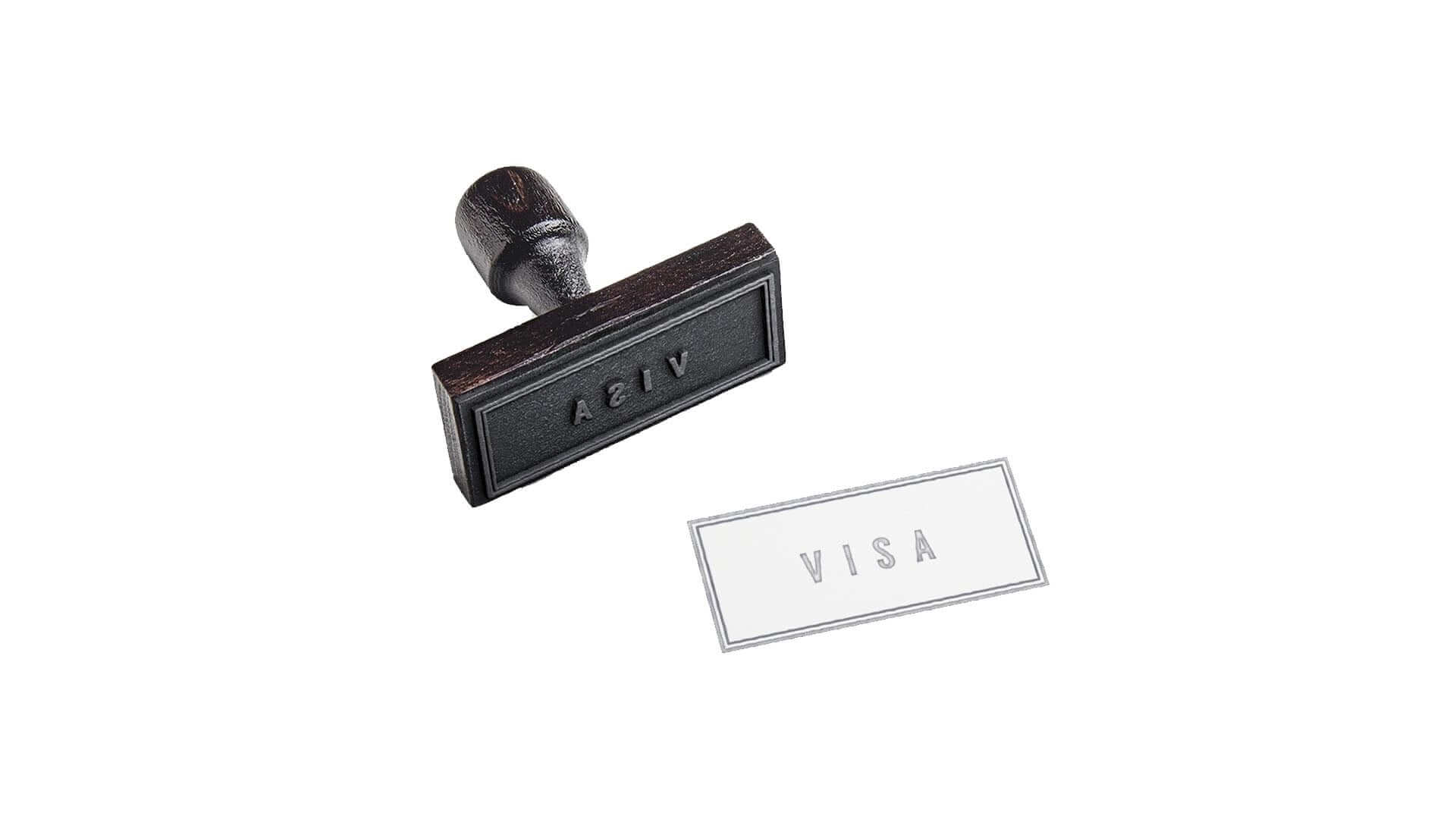Conversion for Foreign Citizens | Complete information about the Foreign Nationals Exceptions committee
We receive many applications from residents and tourists who are not Israeli citizens. Officially, the Rabbinic courts of conversion deal only with Israeli citizens. However, there are a number of options for conversion in the State of Israel, also for those who are not Israeli citizens.
Foreign citizens who are interested in living in Israel and wish to begin the process of conversion may apply to the Foreign Nationals Exceptions committee if they conform to the preconditions of the committee (see below).
First, it must be emphasized that the process of conversion in the State of Israel involves different government offices, among them the Department of Conversion which controls the conversion process itself, and the Ministry of Interior, responsible for the naturalization process. According to the Interior Ministry guidelines, only Israeli citizens and permanent residents (with a permanent residency permit in Israel) may begin the conversion process directly.
The Foreign Nationals Exceptions committee | the Process
1. Submit a request to the committee
You must submit | • Request form • Passport photocopy • Visa
2. Interview with a representative of the committee
You must submit | • Recommendations from your Jewish community (outside Israel) • Certificate of non-criminal record
3. Approval for commencing studies
• Apply to an institution of conversion studies to enrol for a conversion course • The course lasts approximately one year
4. Request to conclude studies
At the end of the course, come for an interview to request conclusion of studies.
5. The court sitting
The court sitting is the essence of the conversion process - if you pass, you will receive a referral for immersion in the ritualarium (Mikve).
1. Submit a request to the committee
You must submit | • Request form • Passport photocopy • Visa
1
2. Interview with a representative of the committee
You must submit | • Recommendations from your Jewish community (outside Israel) • Certificate of non-criminal record
2
3. Approval for commencing studies
• Apply to an institution of conversion studies to enrol for a conversion course • The course lasts approximately one year
3
4. Request to conclude studies
At the end of the course, come for an interview to request conclusion of studies.
4
5. The court sitting
The court sitting is the essence of the conversion process - if you pass, you will receive a referral for immersion in the ritualarium (Mikve).
5
Stage 1 | Ascertaining Eligibility and Submitting a Request
Who may apply to the Exceptions Committee (prerequisites)
- Temporary resident (A5) after one year
- Holder of a tourist visa (B2) or student visa
Who may not apply to the Exceptions Committee
- Illegal alien
- Illegal immigrant
- Holder of a green ID card
- Holder of a work (B1) visa
- Temporary resident (A5) after less than a year
- Refugee ("blue paper")
Where do you submit the documents?
Documents for opening a file with the Committee are to be submitted to your local regional Rabbinic court of conversion.
Send to e-mail: [email protected] and confirm reception and processing of the documents by phone 04-6718104.
send to e-mail: [email protected] and confirm reception and processing of the documents by phone 03-7406100.
send to e-mail: [email protected] and confirm reception and processing of the documents by phone 02-5099101/2/8.
send to e-mail: [email protected] and confirm reception and processing of the documents by phone 08-6620900.
Do you meet the conditions? Fill in the form and send it, together with a photocopy of your (and your partner's) passport or ID card to the Rabbinical court of conversion in your area.
Stage 2 | The Interview
The Interview
Approximately one month after submitting the request, you will be given an appointment for an interview (depending on eligibility).
Before the interview, you must obtain a certificate of non-criminal record from your country of origin, have it translated into Hebrew (the translation can be done by anyone; a full translation must be made of everything in the document, including headings, coats of arms etc.), and have the translation notarized by a notary who is fluent in both languages (the rate of payment for notarizing is government-controlled and uniform). Submit the original and keep a copy.
The interview takes approximately one hour, during which the candidate is questioned about his/her connection with Judaism and desire to convert, and also about any links with other religions. The interview is carried out by a representative of the regional Rabbinical court of conversion who is not a member of the Committee, and its purpose is to gain an understanding of your current aspirations for conversion.
What documents must you bring to the interview?
- Certificate of non-criminal record from your country of origin, translated and notarized
- Recommendations from the Jewish community in your country of origin or in Israel (preferably from the country of origin), translated into Hebrew
- Four passport photos of you and your partner, if you have one
- Resume (life history) and request for conversion, translated into Hebrew (notarization is not necessary)
- Copy of your passport and visa, and the request form which was already submitted
Who's recommendations should you bring?
- The rabbi of your community
- The manager of your synagogue
- Members of your Jewish community
- Accompanying family
- Anyone else you think is relevant
You received the Committee's approval for beginning studies? Great - enrol today for AMI's conversion course
Stage 3 | From the Committee's letter of approval until the final court sitting
After the interview
- It takes two to three months to receive a reply from the Committee.
- The reply is sent by regular mail to the address given on the request form.
- You must remain in Israel from the moment you submit the request until you receive the reply from the Committee!
- If you are given a negative answer, you may submit an appeal if there is justification for it, for example - additional recommendations that you did not yet have or submit at the first interview.
- If you receive the Committee's approval for beginning studies for conversion, get in touch with AMI's office so as to begin official studies with a class, or Personal Conversion one-on-one. 
After receiving the Committee’s approval, you must enter a State-approved conversion course, like any conversion candidate who is an Israeli citizen – you can read more about it in the page about our Conversion Classes.
You've received the Committee's approval for beginning studies? Great! Enrol today for AMI's conversion course.
The State-Approved Conversion Course
- Duration of the course | A year
- Frequency of classes | Once to twice a week, in the evening
- Location of the classes | From Nahariya to Eilat
- Languages | Hebrew, English, French, Russian, Amharic, Spanish
- You can also study in the Personal Conversion framework | One-on-one with your teacher
Concluding Interview
When you have completed at least 10 months of studies and your teacher estimates that you are ready for the court of conversion – an appointment will be made for a concluding interview with the Rabbinic court emissary. Following the interview, the emissary will write a letter of recommendation to the Committee to confirm submission of your conversion file to the conversion court for conclusion of the process.
It is important to note that it sometimes takes a long time for the Committee to confirm the recommendation, so it is important to arrange the concluding interview at the earliest opportunity.
The Conversion Court Sitting
The final court sitting is identical to the procedure for Israeli citizens. | For more information about the sitting – click here

